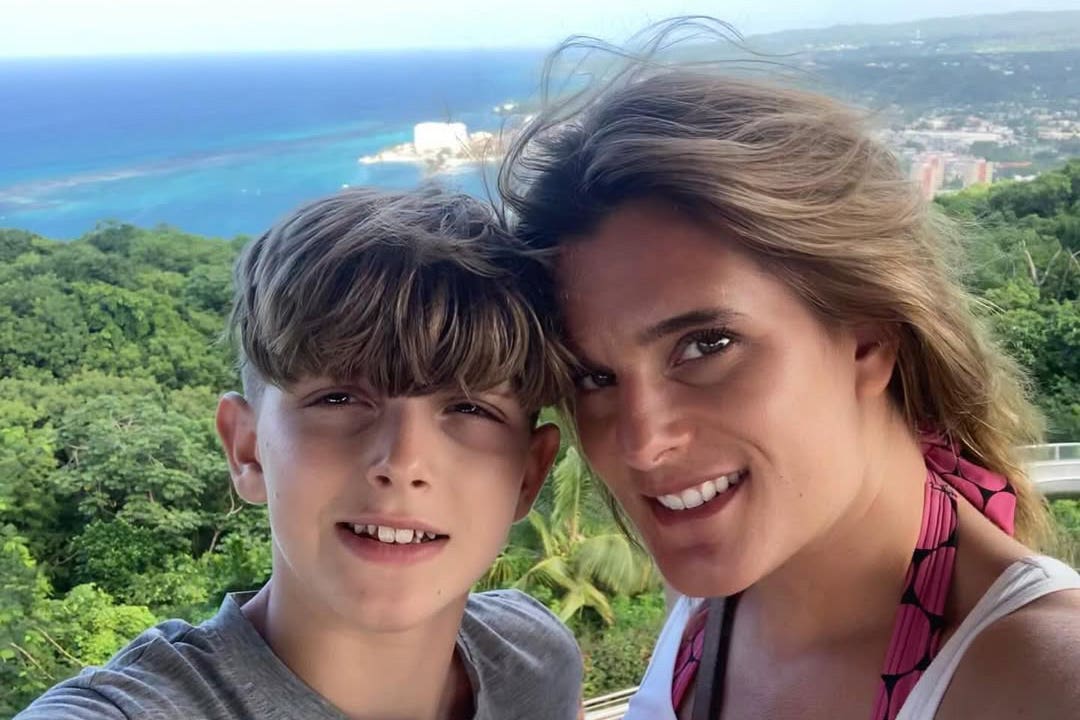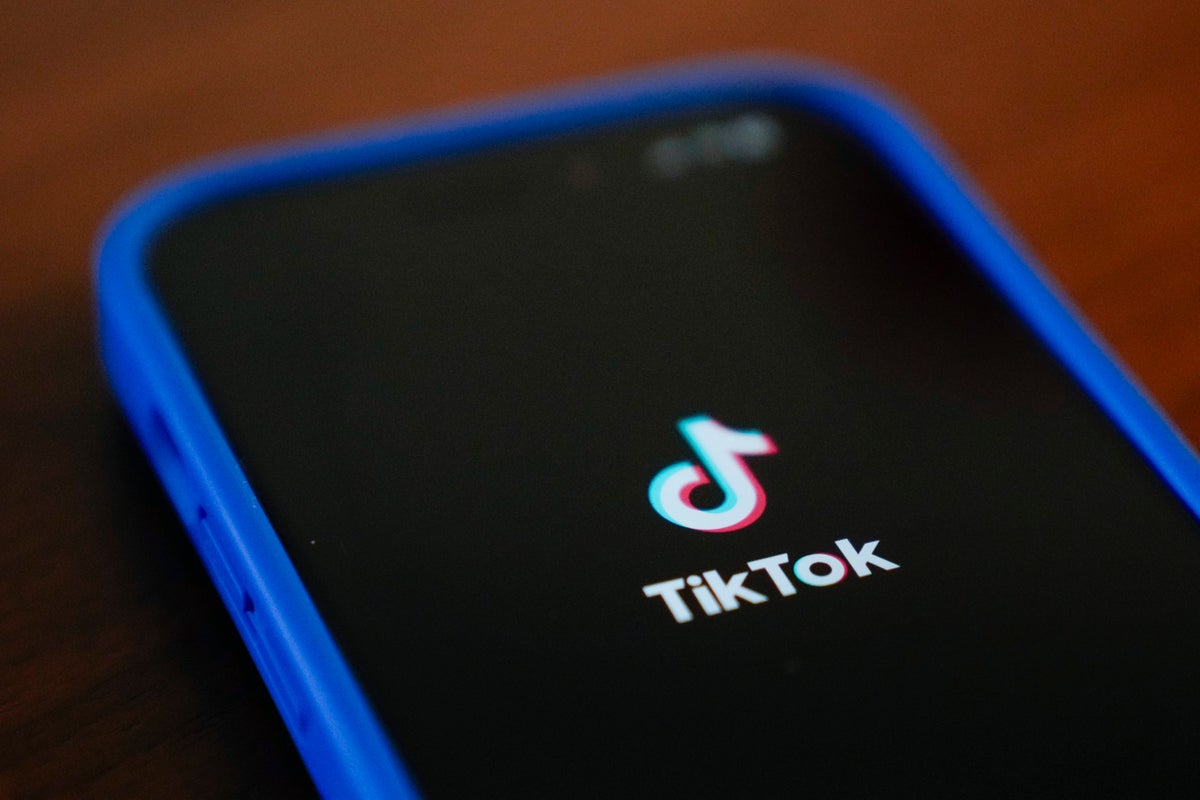safe
TikTok Says Data of Four Dead British Children May Have Been Removed
Data from the TikTok accounts of four British children who their parents believe died after attempting a challenge on the platform may have been deleted, according to an executive from the firm. The families of Isaac Kenevan, Archie Battersbee, Julian “Jools” Sweeney and Maia Walsh – all aged 12 to 14 – have sued TikTok and its parent firm ByteDance in the US in an effort to force the firm to release their children’s data.
The wrongful death lawsuit claims the four died attempting a so-called “blackout challenge”, and said they want access to their children’s account data to “get answers” about how they died. But Giles Dennington, senior government relations manager at TikTok, told BBC Radio 5 Live “there are some things we simply don’t have”.

Data Protection Laws
After the lawsuit against TikTok was filed last week, Ellen Roome, mother of 14-year-old Jools, told the PA news agency that she had been trying to obtain her son’s data from TikTok as she “just wants answers” about his death and the data was “the only piece that we haven’t looked at”. Ms Roome said she had been “shocked” to learn that she “wasn’t entitled” to Jools’ data, and was told by TikTok that a court order was required to release it.
Asked why parents in these cases had not been able to access data, Mr Dennington said: “This is really complicated stuff because it relates to the legal requirements around when we remove data and we have, under data protection laws, requirements to remove data quite quickly. That impacts on what we can do.” He added that data protection requirements to remove data “can impact on what is available” and that “everyone expects that when we are required by law to delete some data, we will have deleted it”.

TikTok’s Response
He said: “So this is a more complicated situation than us just having something we’re not giving access to. “Obviously it’s really important that case plays out as it should and that people get as many answers as are available.” He said the social media firm has “had conversations with some of those parents already to try and help them in that”.
The lawsuit filed on behalf of the parents accuses TikTok of pushing dangerous prank and challenge videos to children to boost engagement time on the platform. According to TikTok, it does not allow content showing or promoting dangerous activity or challenges, and it proactively finds 99 per cent of content which is removed for breaking these rules before it is reported to the firm.
The “Blackout Challenge”
Mr Dennington said the so-called “blackout challenge” pre-dated TikTok and the firm has “never found any evidence that the blackout challenge has been trending on the platform”. “Indeed since 2020 (we) have completely banned even being able to search for the words ‘blackout challenge’ or variants of it, to try and make sure that no-one is coming across that kind of content,”
Conclusion
A Cautionary Tale of Data Protection and Digital Responsibility
In a shocking revelation, it has come to light that the data of four British children might have been deleted from TikTok without their knowledge or consent. According to The Independent, the social media platform allegedly removed the children’s information after just five days of their death. This disturbing incident has raised serious concerns about the protection of sensitive personal data, particularly in the context of online platforms that have become increasingly ubiquitous in our lives. The question on everyone’s mind is: what would you do if your child’s data was mishandled in such a way?
The significance of this incident lies in its implications for the digital age. As online platforms continue to collect and store vast amounts of personal data, the risk of this data being compromised or mishandled increases exponentially. The incident highlights the need for greater transparency and accountability in online data protection, particularly when it comes to children’s data. It also underscores the importance of ensuring that social media platforms have robust safeguards in place to protect users’ personal information. Furthermore, this incident serves as a wake-up call for parents, caregivers, and online users alike to be more mindful of the digital footprint we leave behind.





Add Comment